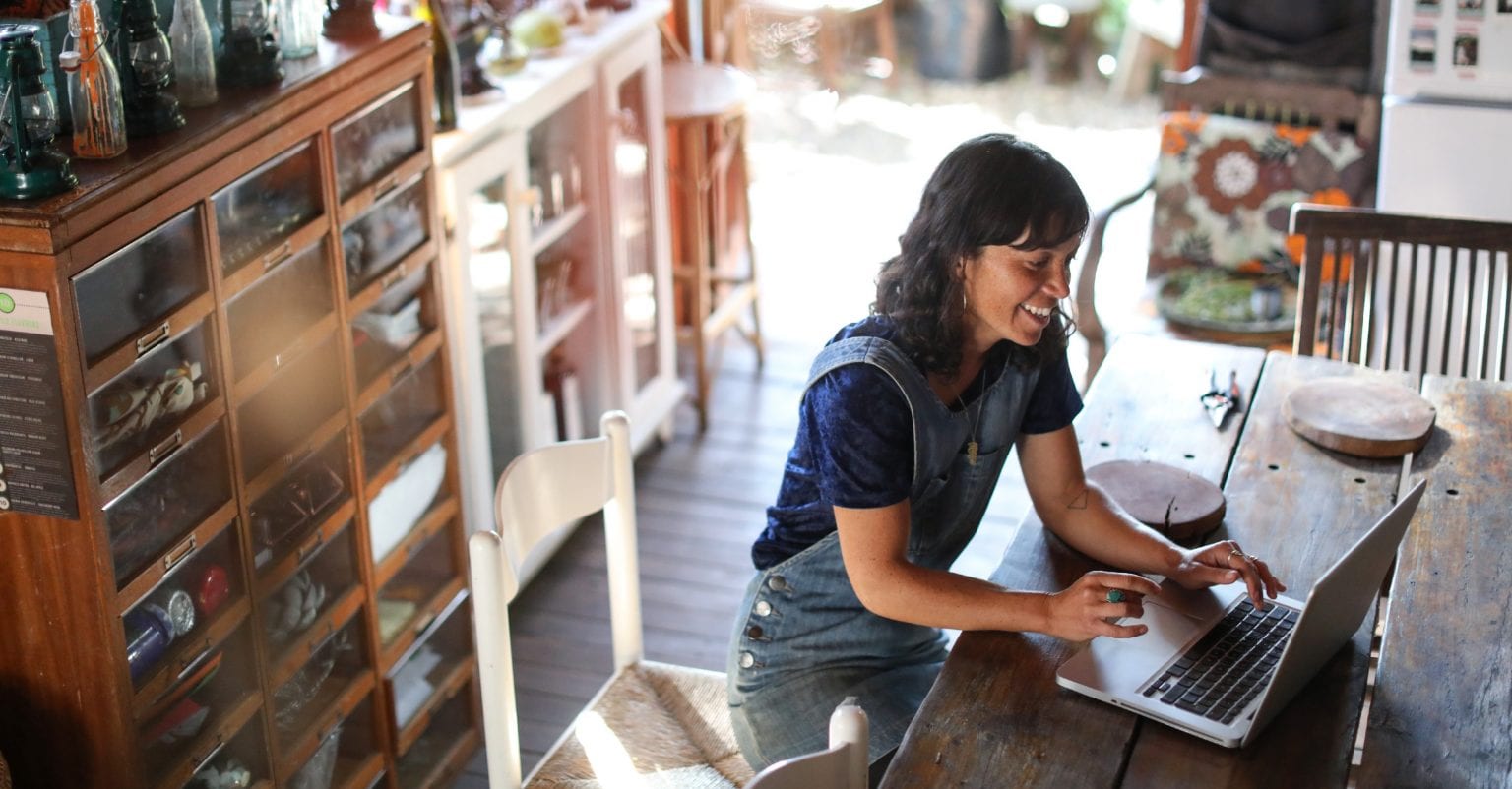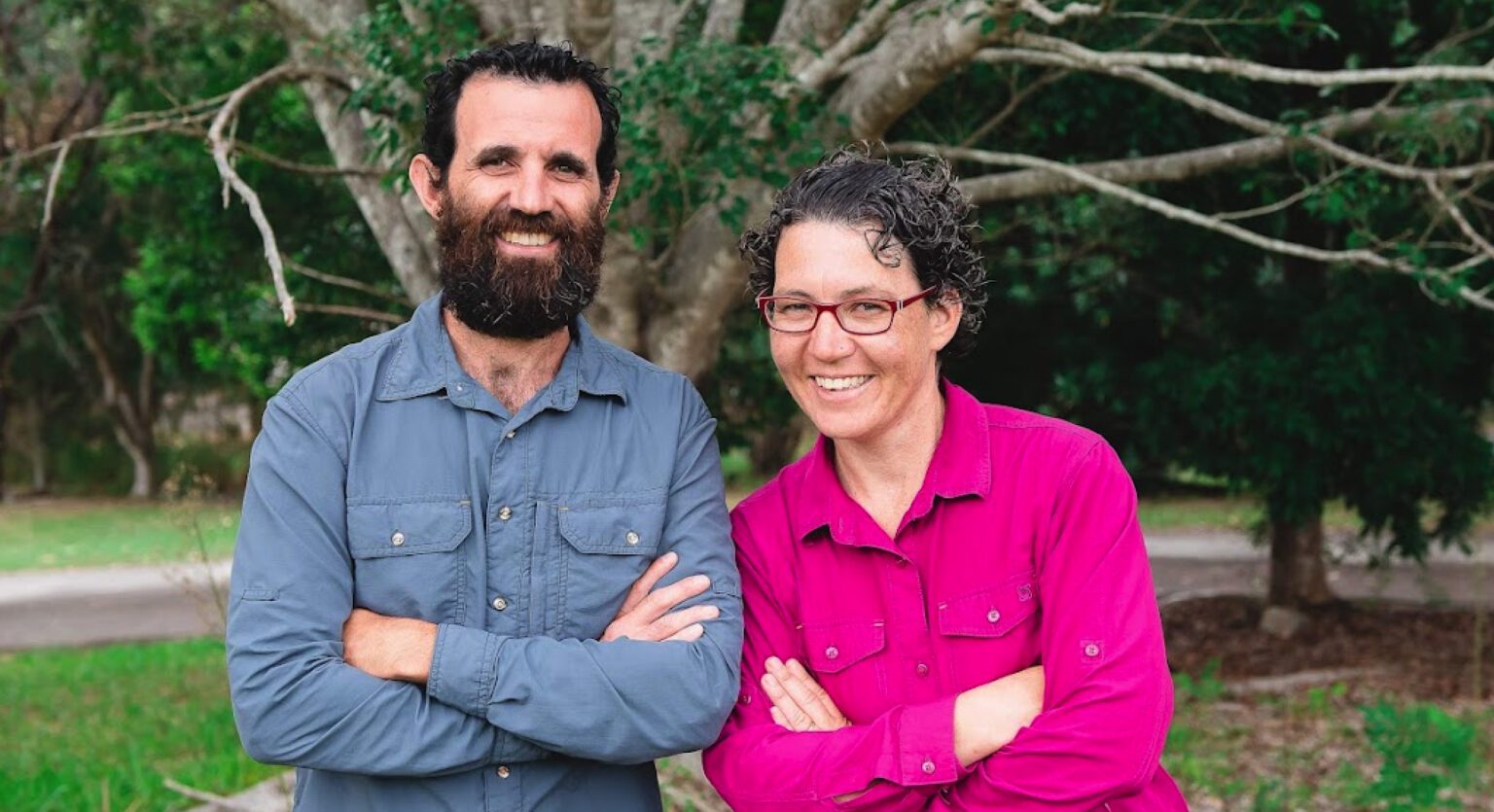Four business owners highlight the importance of aiming high, even during a pandemic, and how they’re setting their business up for success in 2021.
At a glance
Here's a snapshot of the advice from our interviewees:
- Use the Federal Government's instant asset write-off scheme to purchase items that will help your business’s expansion goals.
- Invest in 2020 business trends that are likely to continue growing, such as ecommerce.
- Seek feedback from your customers before scaling your business.
- Make the most of local government grants in your area.
While many Aussie small business owners have had to make sacrifices and hard choices this year, others have been in the fortunate position to make bold choices that will set them up for success in 2021. Here’s how they’ve done it.
Utilise the instant asset write-off scheme
At a time when many small businesses were hunkering down during the early days of the pandemic, Jeremy Hassell – co-owner of City Cave float and wellness – was in the midst of opening four new centres.
His business, which provides float therapy, infrared sauna and massage treatments, had plans for growth in 2020 – and COVID-19 wasn’t going to hold him back.
“We pressed the accelerator and stuck to our expansion plans,” he says.
To kick his ambitious expansion agenda into gear, Hassell has taken advantage of the Federal Government’s instant asset write-off scheme. This initiative allows eligible businesses to instantly deduct the entire amount of eligible assets up to any value that are purchased and used or installed between 6 October 2020 and 30 June 2022.
Hassell used the scheme to purchase saunas – each worth about $8,000 – plus massage tables and computers.
“It’s really important for small and medium enterprises to explore such options, especially in tough times like these,” he says.
In an effort to keep growing this year, Hassel has also invested in a learning management system and business tools to streamline payroll, rostering and bookkeeping functions.
Strategically scaling your business
In 2020, Workit Spaces, a Sydney-based provider of business coworking areas, made the bold choice to construct a new 9000sqm ecommerce hub, which offers a mix of warehouse, showrooms, offices and co-working spaces. The doors of the new hub are expected to open in December 2020.
“We were always planning to open a new hub, but we weren’t planning on opening our largest one yet, and definitely not in the middle of a global pandemic,” says managing director, Talea Bader.
After seeing an opportunity to further capitalise on the increased demand for ecommerce, Workit Spaces decided to develop a fourth-party logistics provider called SKUtopia that will provide warehousing and logistics support for those operating ecommerce businesses. It will also provide cloud-based software for orders, inventory management, shipping and warehousing management.
Make some brand noise
Heavy investments in digital marketing and branding over the last few months have also helped Bader to get ahead.
“Our marketing efforts have focused on understanding the customers’ needs – and what was missing from existing ecommerce supply chain and 3PL providers – through focus groups and primary research. Only then did our digital marketing efforts have the best chance to leverage SEO, Google Ads, lead gen assets and PR,” says Bader.
They’ve only just launched this marketing campaign, but demand is already strong, he adds.
“The amount of enquiries we received increased 10-fold,” says Bader, adding that his ecommerce spaces are now at capacity.
Given COVID-19 pressures, he believes it is crucial for businesses to weigh up whether to pursue growth or focus on simplifying existing operations.
“Get feedback from your customers. Ask them questions, run small experiments and gather insights into what could help you to scale profitably.”
Investing in business prestige
Bluethumb – one of Australia’s largest online art galleries – opened a physical store in Adelaide this year despite a steady rise in its digital sales. This is the brand’s second physical store in Australia – they launched an office and gallery in Melbourne in 2016.
“In a modern world, it’s online first, but offline is still an important part of our business strategy,” says co-founder Edward Hartley.
The new store is located in trendy Goodwood, an inner-south suburb of Adelaide. Hartley felt a walk-in gallery would help further build Bluethumb’s brand and increase interaction with more customers.
“We committed to this in June, when South Australian COVID-19 cases were near zero. We weren’t in lockdown, we just had moderate restrictions. However, we never needed full retail foot traffic as we were still primarily operating online. We just wanted an opportunity to… grow the brand.”
Hartley and his team also expanded upon their Bluethumb Art Prize this year – adding a new award category with a cash prize.
While the entries were free for artists, Bluethumb invested money into making the prize a success via amplified social posts promoting the initiative and funding a marketing package worth $1,000 for all the winners. They also partnered with well-known third parties such as TV show Grand Designs Australia and art retail chain Eckersley’s to make a big splash of the event.
The combination of these two moves meant sales have more than doubled this year for Bluethumb.
Small businesses owners cannot control external market forces or cycles, Hartley says, so they should constantly build upon their foundations and, where possible, continue working towards their goals and building their brand – even when times are tough.
Facing fears head on
The pandemic virtually shut down the wedding industry. Civil marriage celebrant Deborah Lilley admits she was concerned about the immediate future of her small business in Adelaide.
“For the first time in five years I didn’t do any weddings at all in April, May and June,” says Lilley, founder of Deborah Lilley Celebrant Services.
Instead of feeling sorry for herself, she started planning for the future and used an Onkaparinga local government grant of $3,000 to help fund a $20,000 new, purpose-built office beside her home in the southern Adelaide suburb of Maslin Beach.
This has enabled her to set up a side business, Married in Maslin, that’s targeting the smaller wedding and elopement markets, as well as offering ancient handfasting ceremonies and sand ceremony kits.
Hassel adds that he’s an advocate for small business owners taking a chance in the name of expansion. While it’s always going to be a little scary at first, he pushes through the fear by drawing on the message shared in the book by Susan Jeffers called Feel the Fear and Do It Anyway.
“It’s a sentiment we embrace every day,” he says.
Thinking of making a bold business move yourself? Chat with one of our business lending specialists on 1300 882 867 about how a Prospa Small Business Loan could help you launch into 2021 with confidence.








